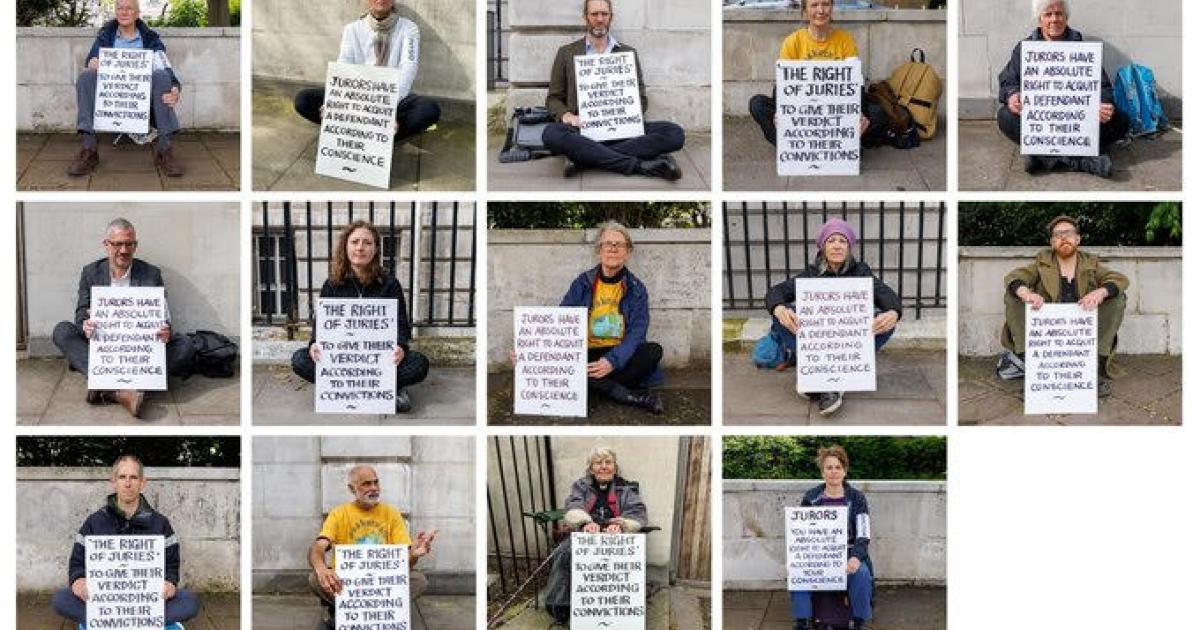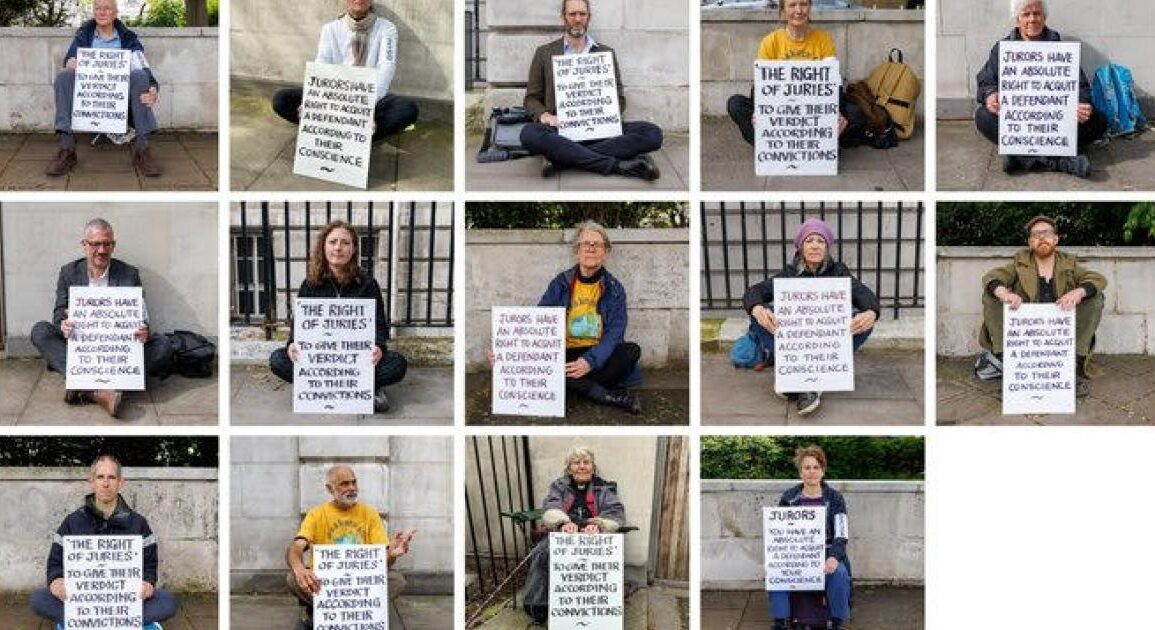
“The way in which prosecutions are being carried out, and the way in which judges are approaching cases and preventing people from speaking to the jury, and that if you do indicate what your reasons were, the risk is you’re in contempt of court.”
Heavy handed
Retired Cambridge University professor of Law John Spencer said he was “astonished” by the solicitor general’s decision, which he believed was “grotesquely heavy handed”.
“The question is, what exactly is the legal status of the power of the jury to acquit in defiance of the law and a disregard of the judge’s direction of the law on grounds of conscience?
“Is it an unpleasant anomaly in the legal system, which should be minimised in every possible way, and certainly not brought to the jury’s attention, in which case you might be a contempt of court to do so. Or is it an important safeguard in the legal system?
“Up till now, the judgments in the leading cases take the view that it’s the second of those. If that’s the case, it seems extraordinary to see this as contempt of court. And I think it’s grotesquely heavy handed of the solicitor general to be instituting proceedings for contempt,” he said.
In an article in the Barrister magazine: Richard Vogler, professor of Comparative Criminal Law and Criminal Justice at the University of Sussex said: “George Orwell noticed the tendency of repressive law to degenerate into farce, when truth becomes a lie and common sense is heresy.”
He added: “I wonder, if displaying other fundamental principles of the common law in the vicinity of a trial court would be considered by Mr. Tomlinson as a criminal offence?
“Would it be an attempt to pervert the course of justice, for example, to express support on a similar sign for the presumption of innocence or the right to a fair trial? And does this mean that such principles no longer apply? or that we are simply not allowed to mention them anywhere near a real trial?”
International condemnation
The UK’s treatment of climate protesters has received international attention.
Earlier this year, the United Nations High Commissioner for Human Rights Volker Türk wrote to the UK government to express concern at the UK’s Public Order Act, which received Royal Assent in May 2023, which it called “deeply troubling legislation” that was “incompatible with the UK’s international human rights obligations regarding people’s rights to freedom of expression, peaceful assembly and association”.
Türk also wrote: “I am also concerned that the law appears to target in particular peaceful actions used by those protesting about human rights and environmental issues. As the world faces the triple planetary crises of climate change, loss of biodiversity and pollution, governments should be protecting and facilitating peaceful protests on such existential topics, not hindering and blocking them.”
Crosland called the overall situation “a trajectory towards authoritarianism.”
He added: “The point of a jury is as a safeguard against the state abuse of power. And we’ve got international organisations like the UN wondering what is happening in Britain right now. It’s a pretty scary situation – it’s a government that’s totally intolerant of anyone holding it to account.”
This Author
Catherine Early is a freelance environmental journalist and chief reporter for The Ecologist. She tweets at @Cat_Early76.
This post was originally published on this site be sure to check out more of their content.









